My work for a local authority as an inspector and advisor for SEND requires adherence to certain regulations during pre-election periods. Basically, we are not allowed to engage in anything political.
Having ADHD, I’m prone to blurting things out without thinking of the consequences and saying things that others may not dare to. So self-imposed silence is sometimes the safest way to ensure I follow the rules.
For that reason, I’ve stayed away from social media, blogs and podcasts that might have tempted me into taking a partisan stance. Thankfully for me, the local elections concluded yesterday so I’m back to sharing my opinion.
The sincerity gap
It’s a shame that some of our politicians don’t think as deeply about their behaviour.
I am not a fan of any party in particular so I’m amused by the number of interest groups jostling to ensure their issues make it into the manifestos that are evidently being drawn up as we speak. And what I’ve noticed over the past year is an increase in MPs from all corners showing support for neurodivergent conditions and inclusive education.
I fully support true public servants who tirelessly advocate for change for the good of the people they serve without pushing the agenda for themselves. I have personally been invited to participate in all-party parliamentary groups, that demonstrate all parties can work together for a common cause. They are an important part of our democracy.
I also understand the interplay between advocacy, legislation and representation is delicate. However, call me sceptical, but I am concerned about MPs talking about potentially life-changing legislation as ‘their bill’ and gaining publicity for this.
Their endorsement does not necessarily equal positive support for the cause, as the politicians leading this are not always the best role models for our children. The neurodivergent community and their allies are seeking genuine progress in this area, so I worry about the authenticity of political endorsements that could actually be led by self-serving agendas.
In particular this week, I’ve had to hold back raging at a one-time minister for skills who many hold responsible for a higher level of deaths during the pandemic – deaths that disproportionately impacted BAME communities.
As part of his ongoing journey to rehabilitate his political career after breaking the pandemic rules he was responsible for imposing, the same Matt Hancock is cheerfully promoting his bill for universal dyslexia screening.
Thankfully, I found some solace for my pent-up rage in leading neurodiversity campaigner Chris Packham’s response to Hancock on the BBC’s flagship Sunday morning politics show. I’m glad I wasn’t the only one to see through the naked self-promotion.

The other pay gap
As we move inexorably from local to national elections, I’m interested in what educational issues do manage to gain attention. This week, the conversation has rightly focused on education’s gender pay gap, but little is being reported on the ethnicity pay gap campaign founded by Dianne Greyson and backed by the NASUWT, who have published a report on the matter.
It was, however, an important point at the TUC’s #BlackWorkersConference24 last weekend, which ran under the theme ‘Here to stay, here to fight’. As usual, the NASUWT and NEU were out in force. Last time I attended, I was with the only member of the then-35,000-strong NAHT at the event. This year, there were eight (out of 49,000).
A motion was put forward – and passed – calling for mandatory reporting of the ethnicity pay gap. It will now be considered at the main conference in September.
This is important as UKME educators are less likely to have permanent contracts and therefore less likely to have opportunities to climb the professional ladder. It’s a persistent issue NFER flagged two years ago in a seminal report with Ambition Institute and Teach First.
So I’ll be watching to see which schools and trusts truly commit to change and which continue with performative actions.
And I’ll also be looking out for politicians who are sincere in their efforts to represent us – though I expect I’ll need a powerful lens to spot any.
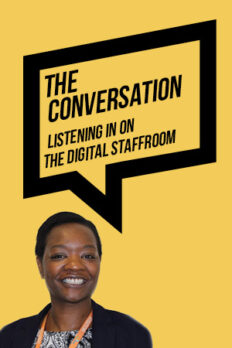
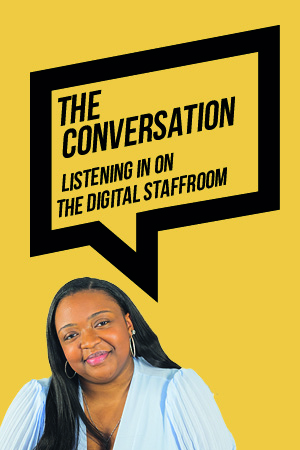
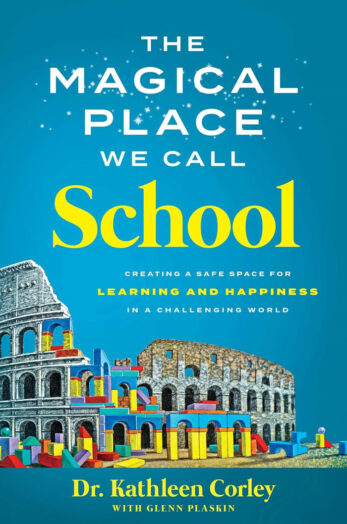


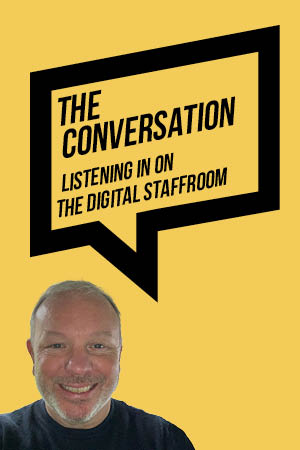
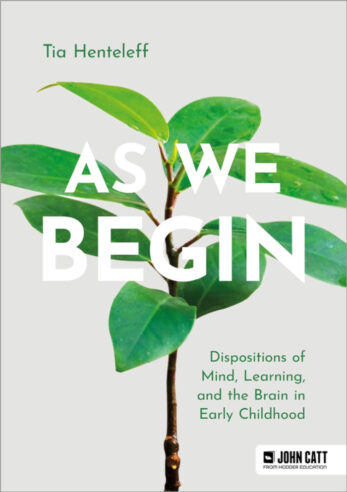

Your thoughts